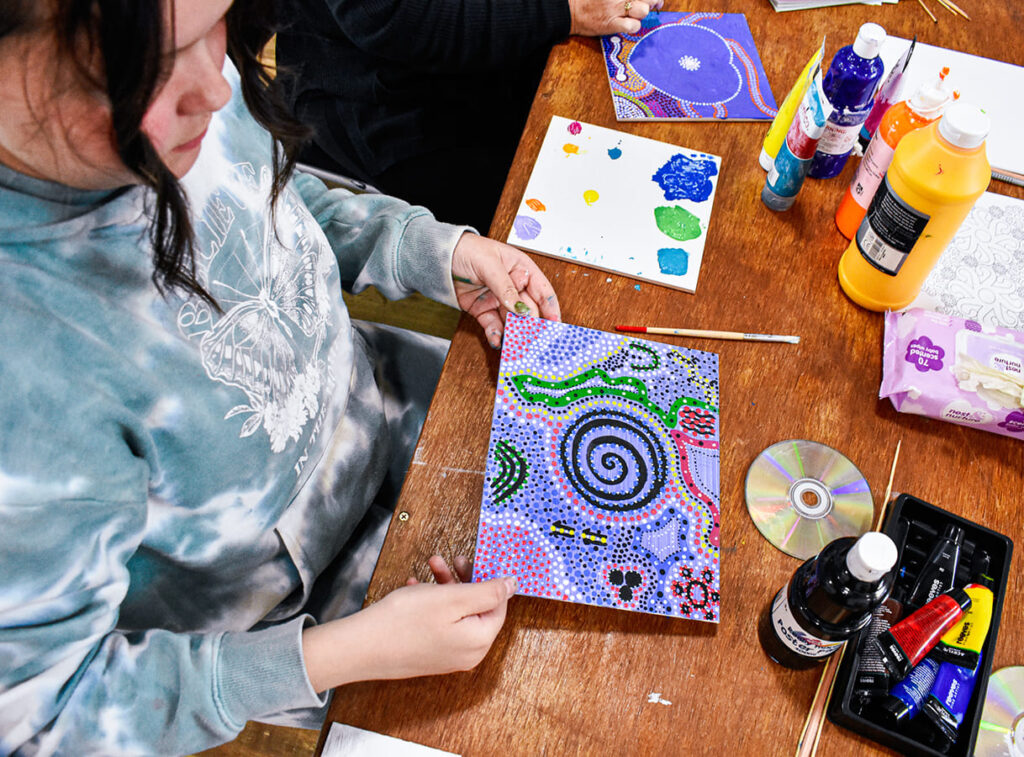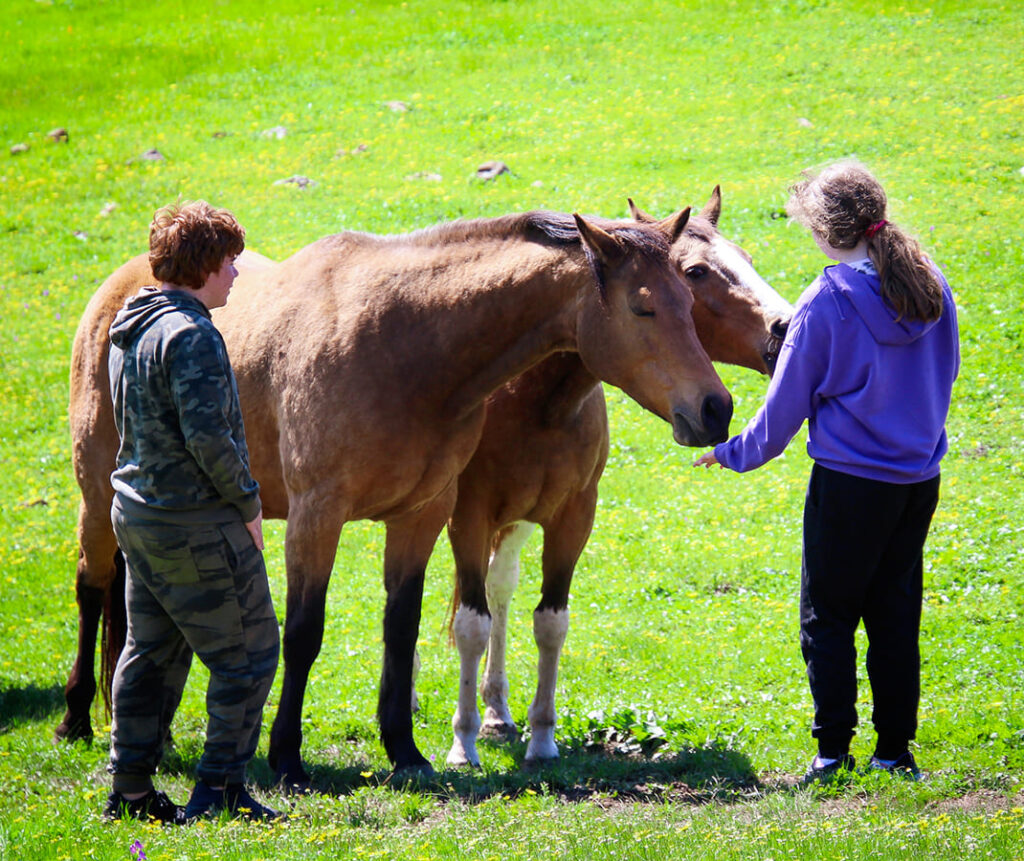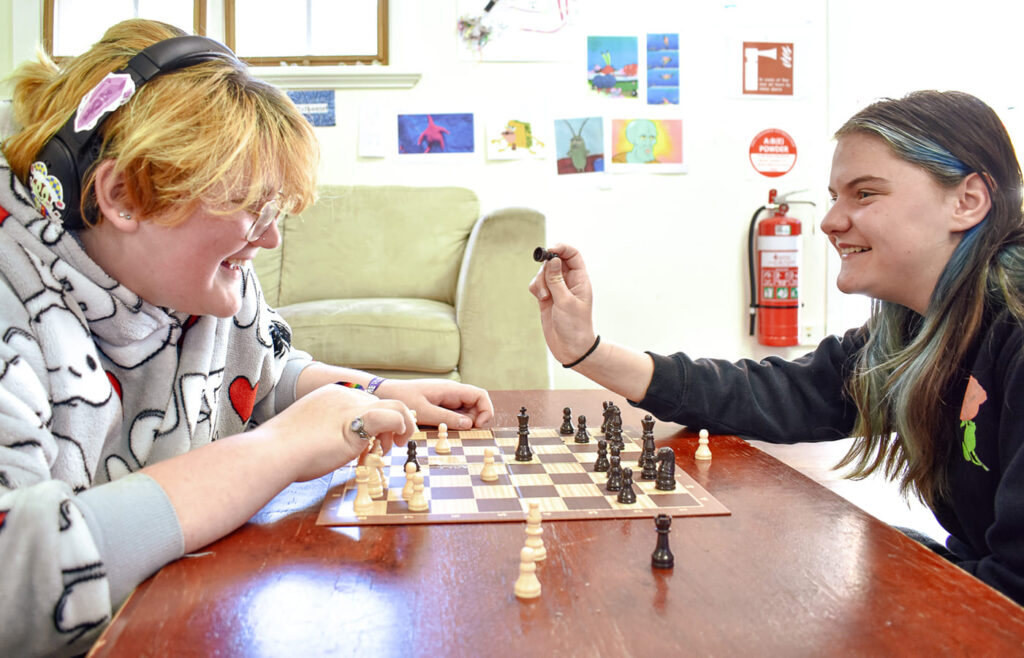
Providing students with opportunities to engage with the natural world offers numerous benefits that extend far beyond the classroom. Outdoor experiences enhance learning, foster personal growth, and build critical life skills, creating a well-rounded foundation for future success.
Whether it’s a simple excursion to a local park or a fully immersive camp program, these experiences have proven to be transformative for students of all ages. Let’s explore why outdoor education plays such an important role in modern learning.
The Connection Between Nature and Learning
Research consistently shows that exposure to nature boosts mental health and cognitive function . Fresh air, natural light, and open spaces can help reduce stress and improve focus, both of which are critical for effective learning.
In an outdoor setting, students often find it easier to engage with lessons. Whether they’re observing ecosystems in action, conducting experiments in a natural environment, or simply discussing ideas in an open space, these experiences provide a refreshing break from traditional classroom routines.
Moreover, being outdoors can inspire creativity. A walk through the bush or a quiet moment by a river can trigger new ideas and perspectives, allowing students to approach problems in innovative ways.

Building Teamwork and Leadership Skills
Outdoor activities naturally encourage collaboration. Whether it’s setting up a tent, navigating a hiking trail, or working together on a group challenge, students learn to communicate and cooperate.
These experiences also provide opportunities for students to step into leadership roles. When faced with tasks like organising a team activity or solving a problem in the field, students develop confidence in their ability to guide and support their peers.
Importantly, outdoor learning teaches students how to deal with real-world situations. Problem-solving in a natural environment often involves unpredictability, which helps students adapt and think on their feet.
Hands-On Learning Brings Lessons to Life
One of the most significant advantages of outdoor education is the opportunity for hands-on learning. Science lessons come alive when students collect water samples from a stream or observe wildlife in its natural habitat. Maths takes on new meaning when students calculate distances during a bushwalk or measure the height of trees.
By engaging directly with their environment, students can better understand and retain complex concepts. This type of experiential learning bridges the gap between theory and practice, making lessons more memorable and impactful.
For students at Fairbridge College, outdoor education is an integral part of the curriculum. The programs offered at both the Pinjarra and Kalgoorlie campuses emphasise practical learning opportunities that align with academic goals, ensuring students stay connected to their studies while developing valuable life skills.
Promoting Resilience and Independence
Outdoor education often involves stepping out of comfort zones, which is where true growth happens. Whether it’s facing a challenging climb, spending a night away from home, or learning to cook over a campfire, these experiences build resilience.
Students quickly learn that perseverance pays off. Completing a difficult task in the outdoors, like reaching the top of a hill after a tough hike, gives a sense of achievement that builds self-esteem.
Strengthening Emotional and Social Connections
Outdoor education also provides a unique platform for developing emotional intelligence. Spending time in nature encourages reflection and mindfulness, helping students connect with their feelings.
Socially, these experiences help build stronger bonds among students. Sharing challenges, successes, and moments of awe creates a sense of camaraderie that’s difficult to replicate in the classroom. For many students, the friendships formed during outdoor education programs become some of their most meaningful connections.
Encouraging Environmental Awareness
In addition to personal and social benefits, outdoor education plays a critical role in fostering environmental stewardship. By spending time in nature, students develop a deeper appreciation for the world around them. They witness the impact of human activities on ecosystems and learn about the importance of sustainability.

Why Outdoor Education Matters for the Future
As the world becomes increasingly complex, the need for adaptable, resilient, and environmentally aware individuals continues to grow. Outdoor education addresses these needs by providing students with the skills, confidence, and perspective they’ll need to thrive in any environment.
At its core, outdoor learning is about more than just education—it’s about shaping individuals who are capable of making a positive impact in their communities and beyond.
Making Outdoor Education Accessible
Not every school has the resources to provide extensive outdoor programs, but even small steps can make a big difference. Teachers can incorporate outdoor elements into their lessons, parents can encourage exploration during weekends, and communities can advocate for the preservation of natural spaces.










